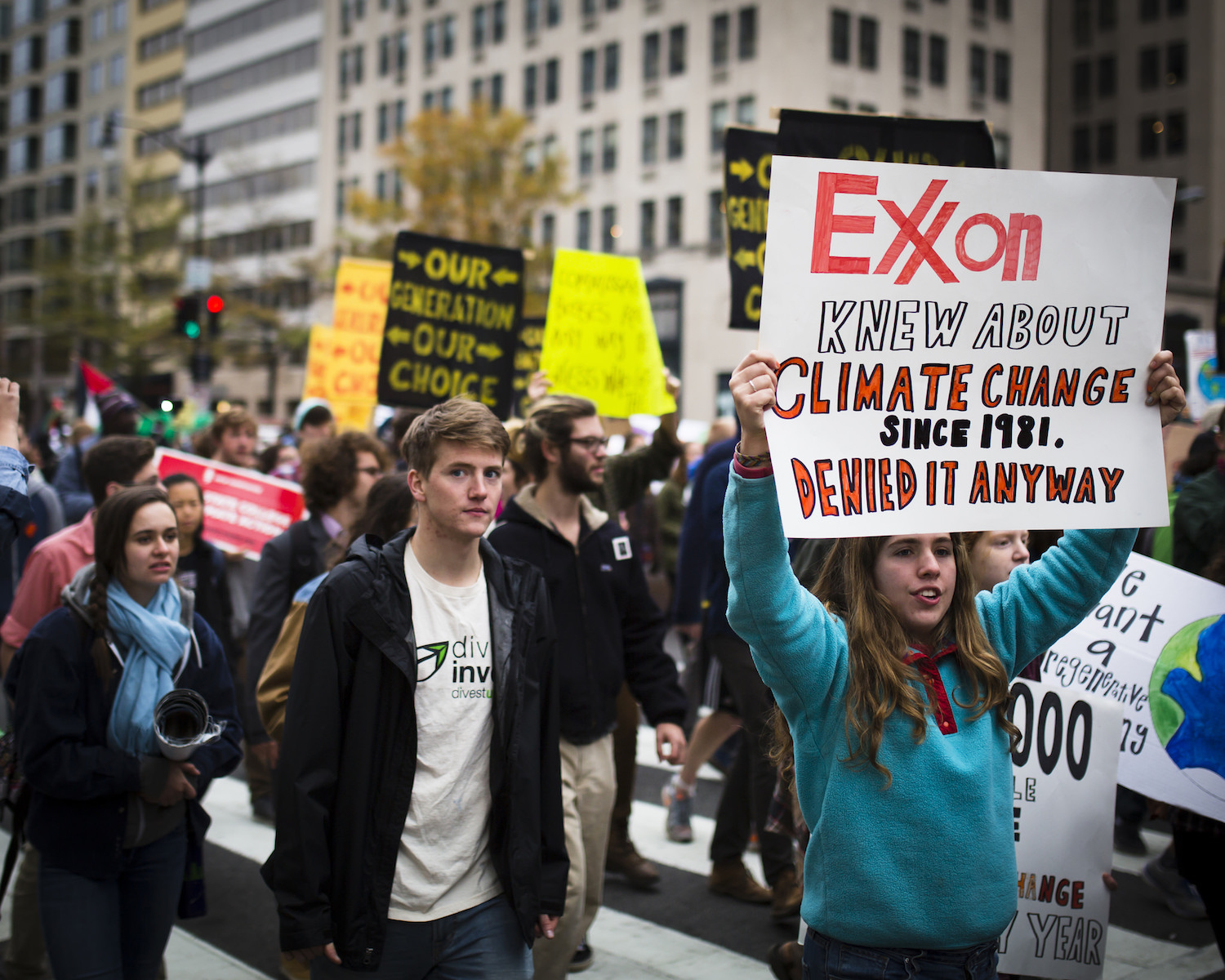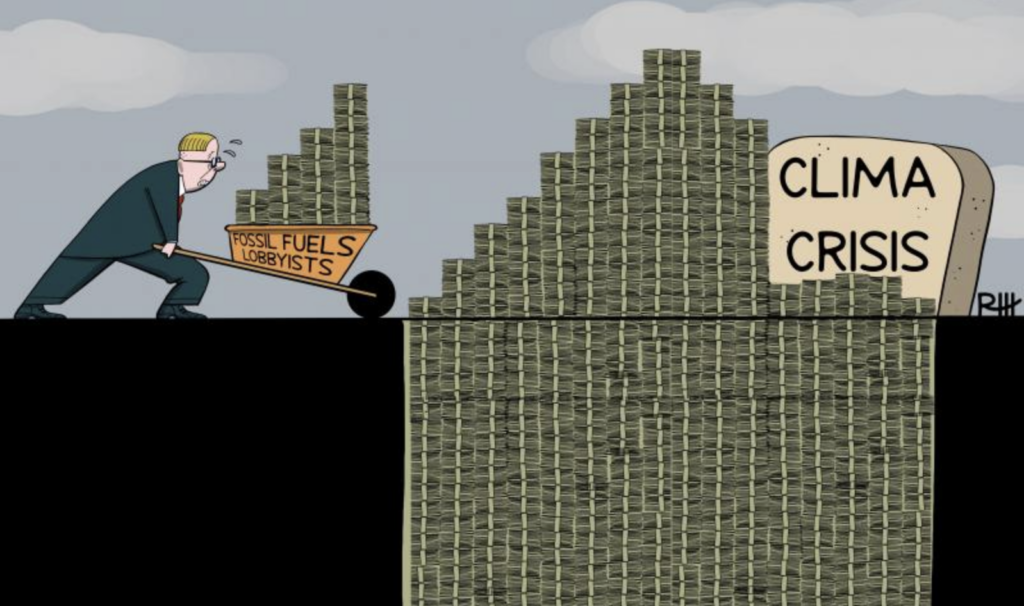By Karen Savage, Climate Liability News. Originally posted on Climate Liability News.
The majority of Americans say fossil fuel companies should pay for damage caused by climate change, according to a recent poll released by Yale University on Wednesday.
Researchers asked 5,131 Americans how much they think global warming is harming their local communities, who they think should be responsible for paying for the damages, and whether they support lawsuits to hold fossil fuel companies accountable for those costs.
“A majority of Americans say global warming is already harming their local community and hold the fossil fuel industry at least partly responsible for the damages,” said Anthony Leiserowitz, a senior research scientist and director of Yale University’s Program on Climate Change Communication.
The poll found that 57 percent of those surveyed think the fossil fuel companies have either a “great deal” or “a moderate amount” of responsibility for damages caused by climate change and 57 percent of the public thinks fossil fuel companies should be forced to pay for those damages.
Half of those polled said they are in favor of their local officials filing liability suits against the companies, while only 30 percent somewhat or strongly oppose taking legal action.
Fossil fuel companies have known for decades that their products cause climate change, but publicly worked to deny that science while internally planning to protect their own business operations and infrastructure.
Dozens of municipalities across the country have filed lawsuits aimed at forcing fossil fuel companies to pay for the billions required to protect their residents from the impacts of climate change.
“The results of this study suggest that there are other jurisdictions — cities, counties, and states — where a majority of the public already holds fossil fuel companies responsible, want them to pay at least some of the costs for damages, and even for their own local officials to participate in lawsuits,” Leiserowitz said. He added that as damages and costs increase, there will likely be greater demand for companies to pay both for both climate-related damages and measures to protect residents from the worsening impacts of climate change.
The majority of those surveyed think fossil fuel companies, not taxpayers, should pay for most or all of those damages. At the same time, two-thirds of those polled say they somewhat or strongly distrust fossil fuel companies.
“Although lawsuits are decided in the court of law,” said Jennifer Marlon, a research scientist at Yale’s School of Forestry and Environmental Studies and the Yale Program on Climate Change Communication, “the court of public opinion also plays a critical role in shaping the local, state, national, and international response to climate change.”
The research was funded by the Union of Concerned Scientists, the Energy Foundation, the 11th Hour Project, the Grantham Foundation for the Protection of the Environment, the MacArthur Foundation, the Overlook Foundation and the Endeavor Foundation.
Main image: Exxon Knew Credit: Johnny Silvercloud, CC BY–SA 2.0
Subscribe to our newsletter
Stay up to date with DeSmog news and alerts







